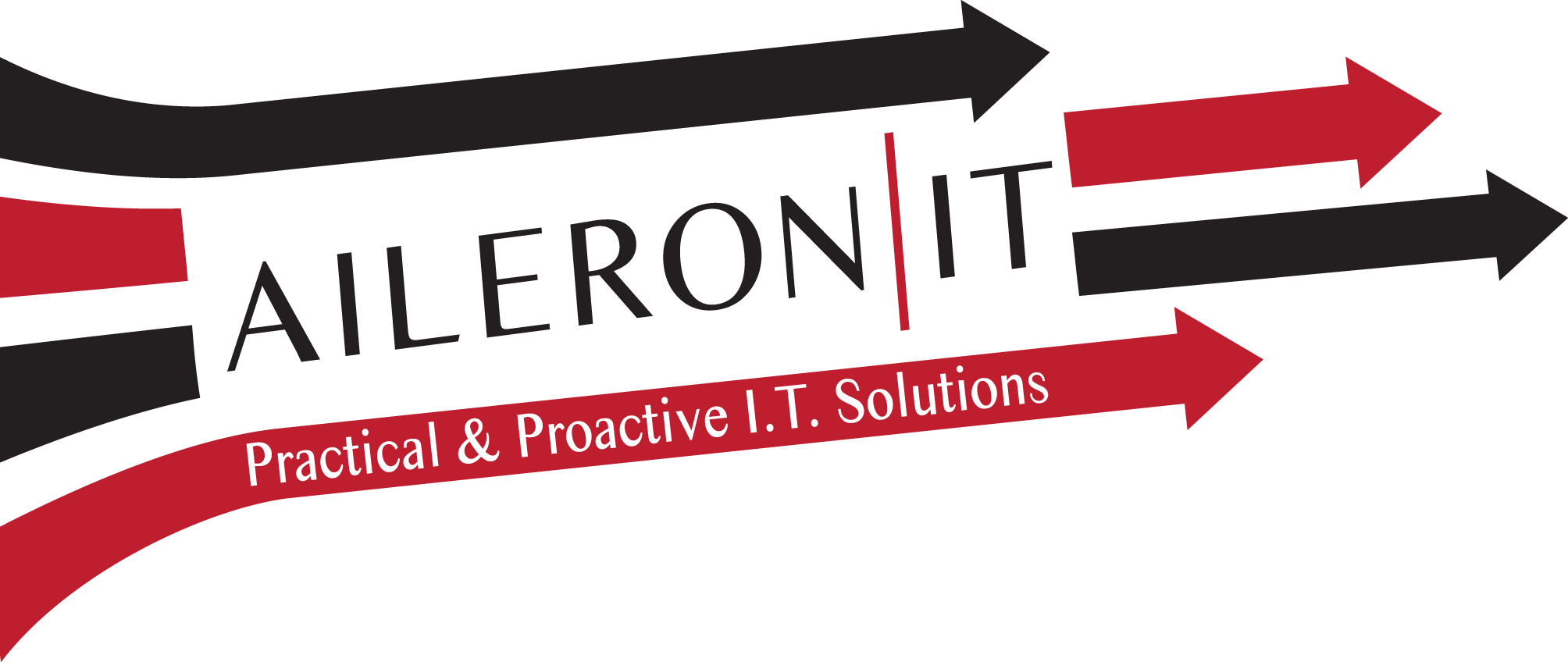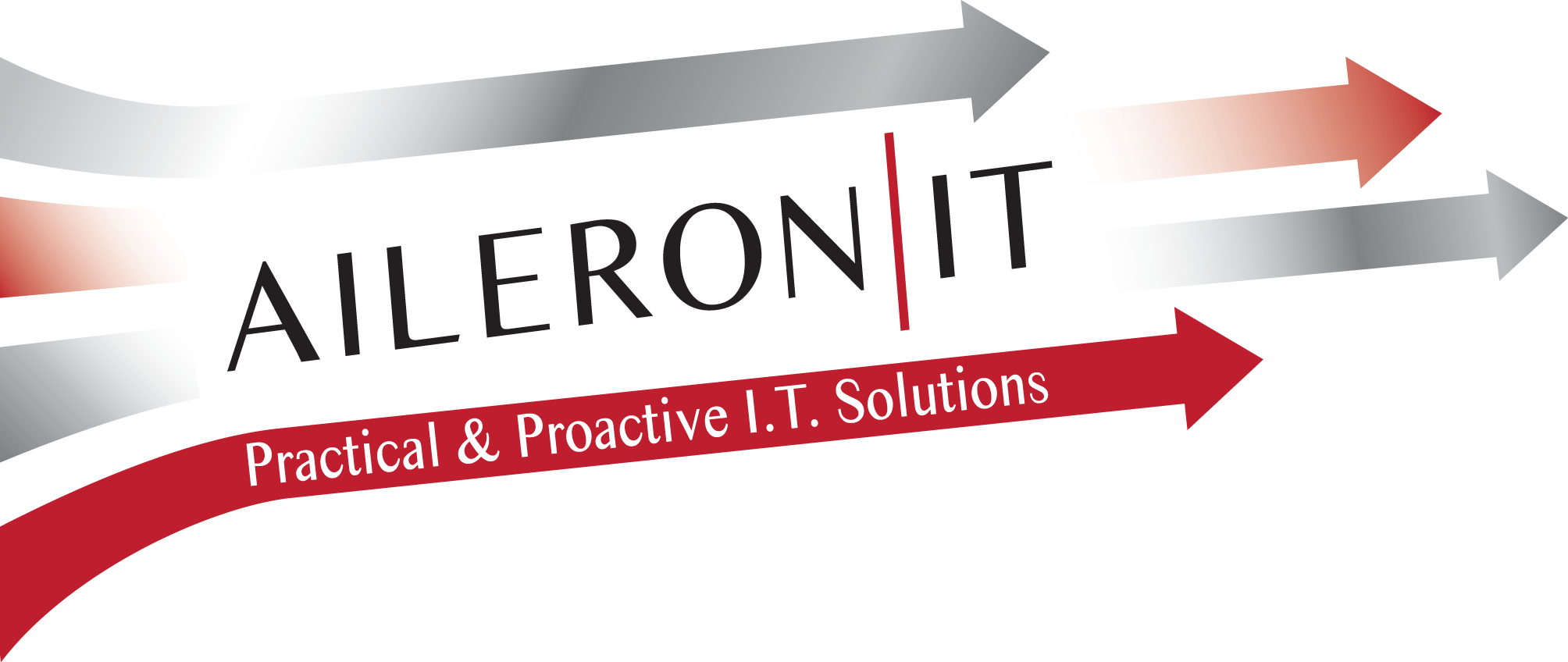Why Your Growing Business Needs an MSP for IT Support

Running a business with 10 to 60 employees presents unique challenges when it comes to IT. As your company grows, so does the complexity of your IT infrastructure, security requirements, and operational needs. For business owners who aren’t IT experts, these challenges can be a major distraction from focusing on core business activities. That’s where a Managed Service Provider (MSP) comes in.
The Growing Pains of Small and Medium-Sized Businesses (SMBs)
At this stage of growth, SMBs often face several pain points:
- Recurring IT Issues: Without a dedicated IT team, many businesses experience frequent system downtime, network outages, and other technical issues that can halt productivity.
- Cybersecurity Threats: With limited resources, smaller companies are often easier targets for cyber-attacks. Handling security on your own can feel overwhelming.
- Compliance Requirements: Whether you’re dealing with financial data, healthcare information, or e-commerce, compliance with standards such as PCI DSS, HIPAA, or GDPR is essential—and failure to comply can result in hefty fines.
- Scaling IT Infrastructure: As your business grows, your IT infrastructure must evolve to accommodate more users, devices, and software systems.
- Cloud Integration: Integrating cloud services with your existing infrastructure can optimize efficiency, but the migration process and management are often too complex for in-house handling.
An MSP steps in to address these pain points so that your business can thrive.
How an MSP Helps Solve Your IT Challenges
An MSP provides more than just basic IT support. Here’s how an MSP can be a game-changer for businesses in the 10 to 60 employee range:
1. Proactive IT Management
Most companies in this range don’t have a full-time IT team or rely on “break-fix” IT support, where issues are only addressed after they occur. An MSP operates proactively, monitoring your systems to prevent problems before they affect your operations. They provide:
- 24/7 Monitoring: Constant oversight to detect and address issues like network slowdowns or hardware failures.
- Regular Maintenance: Automated updates, system patches, and performance checks keep your systems running smoothly.
- Performance Optimization: Ensuring all systems operate at peak efficiency to avoid downtime and keep your staff productive.
2. Scalable IT Solutions
One of the biggest challenges growing businesses face is scaling their IT to match their operational demands. An MSP offers solutions tailored to your size and future growth, including:
- Flexible Support Plans: Pay for what you need, whether it’s comprehensive IT management or supplementary support to an in-house team.
- Hardware and Software Procurement: Guidance on selecting the right tech infrastructure that scales with your business without overspending.
- Cloud Integration: Helping your business move to the cloud for increased storage, remote access, and collaboration tools.
3. Cybersecurity Protection
Cybersecurity is a critical area where SMBs often fall short. An MSP brings advanced security solutions that would otherwise be out of reach for smaller businesses, such as:
- Firewall and Antivirus Protection: Installation and management of industry-leading security software.
- Data Encryption: Protecting sensitive information both at rest and in transit.
- Regular Security Audits: Assessing your vulnerabilities and ensuring compliance with industry standards.
- Disaster Recovery and Backups: Comprehensive backup strategies to keep your data safe in the event of a cyber-attack, natural disaster, or human error.
4. Compliance with Industry Regulations
Businesses in certain industries, such as healthcare, finance, and retail, are required to comply with specific regulatory standards for data security and privacy. Failing to do so can result in legal penalties and loss of customer trust. An MSP ensures compliance by:
- Security Policies and Procedures: Developing and implementing policies that meet regulatory requirements.
- Audit Preparation: Assisting with the documentation and processes needed for external audits.
- Training and Awareness: Educating your staff on the best practices for handling sensitive data, thereby reducing the risk of human error.
5. Cost-Effective IT Expertise
Hiring full-time IT staff may not be feasible for businesses in the 10-60 employee range, but that doesn’t mean you should sacrifice quality. An MSP provides the expertise of a full IT department at a fraction of the cost:
- No Need for Full-Time Salaries: Pay for the services you need when you need them.
- Specialized Skill Sets: MSPs employ IT professionals with expertise in areas like cybersecurity, cloud management, and network architecture.
- Predictable IT Budgeting: Instead of dealing with surprise repair costs, an MSP gives you predictable monthly expenses through flat-rate service packages.
When Should You Consider an MSP?
Knowing when to bring in an MSP can make all the difference in running an efficient and secure business. Here are some clear signs that it’s time to consider IT support:
- Frequent System Failures: If you’re losing productivity because of constant IT issues, an MSP can get your infrastructure running smoothly.
- Expanding Operations: As you add more employees, devices, or new locations, an MSP can ensure your IT grows in step with your business.
- Lack of In-House Expertise: If you don’t have IT staff or they’re overwhelmed with the workload, an MSP can fill in the gaps.
- Increased Regulatory Pressure: If you’re finding it difficult to keep up with the ever-changing data privacy and security laws, an MSP helps ensure you remain compliant.
Choosing the Right MSP for Your Business
Not all MSPs are created equal, so it’s important to choose one that fits your specific needs. Here are a few things to consider:
- Experience in Your Industry: Different industries have different IT requirements. Ensure the MSP has experience in handling the unique challenges of your sector.
- Service Level Agreements (SLAs): Make sure the MSP offers a clear, transparent SLA outlining their responsibilities, response times, and what happens if they fail to meet standards.
- Scalability: Choose an MSP that can grow with your business and provide additional services as your needs evolve.
- Customer Support: Ensure they offer reliable, 24/7 customer service, with a dedicated team that understands your systems.
Final Thoughts
For businesses with 10 to 60 employees, hiring an MSP isn’t just a good idea—it’s an investment in the future of your company. With expert IT management, security, and compliance assistance, an MSP allows you to focus on what really matters: growing your business. From reducing downtime to protecting your sensitive data, an MSP ensures that your IT systems support your business goals, not hinder them. Interested in seeing if Aileron IT is the right MSP for your growing business? Contact us at https://aileronit.com/contact/ today.

